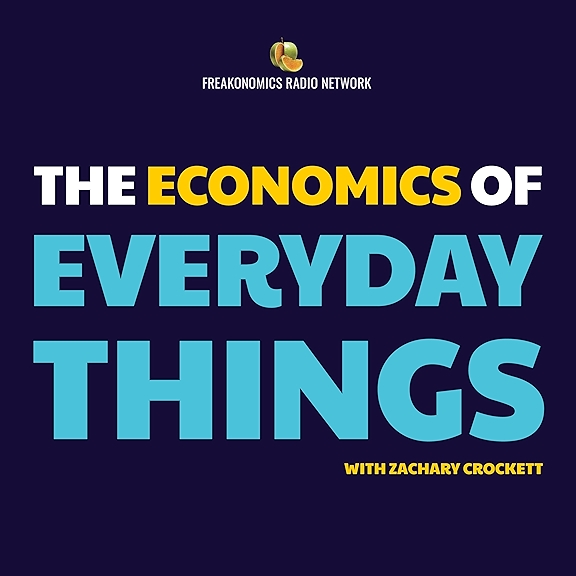
Podcasting: Low Barrier To Entry Makes Quality Content Hard to Come By
Eli Schwartz released his first book, Product-Led SEO early this year. The release came during the pandemic, so speaking gigs and appearances in book shops were out. Instead, Eli turned to podcasts to promote his book.
'I've met some really bad podcasters'
Eli's experience is a sharp reminder to podcasters: You really have to up your game if you want to be worthy of a listener's time.
Eli says it's too easy for people to buy a mic, sit behind it, and make a show. What's missing is the thought, planning, and preparation that needs to go into a new podcast.
Podcasting is competing with a massive amount of content for people's attention. If you're commuting, running, or or doing stuff at home, you can choose from audio books, radio, or music. And if you're just sitting around, streaming, TV, gaming, and YouTube are options.
In one example, Eli said a podcaster asked him to spend hours writing a script which the host would then read.
"That is ridiculous, and I don't understand why anyone would listen to a podcast like that," he says, adding he refused the request.
"You may have a big name behind it. It may be launched by a big brand, but that low barrier to entry really makes a quality hard to come by."
The Value Trade: A Podcaster Is Getting Something For Free
Eli points out that guests create content, which fulfills the requirement for the podcast host to continually produce content.
"Maybe the podcast has a sponsor. So now the guest is helping them to produce that content. And as a result, they can now get that podcast sponsored.
"So from a value trade-off standpoint, a podcaster does have to be putting more work into preparation, and into making sure that the flow of the podcast is good, and high-quality for the listener," continues Eli, noting that the exception is if a podcaster is famous, then it's a privilege to be on their show.
Eli doesn't go onto podcasts expecting that he's going to get a consulting engagement out of it, or sell books.
"I'm going to do podcasts because I think it's interesting. And I like talking with interesting podcasters.
A guest may or may not get value, but it's not guaranteed.
What Does Good Preparation Look Like?
Every podcaster and guest has their own way of preparing. If you're producing a good show and aiming for top-notch guests, be grateful for their time and make guesting as easy as possible.
Hosts should read about an upcoming guest and their recent activities and achievements. Check out some of their recent blog posts. Listen to any previous podcast show appearances. Make an effort to come up with some really interesting questions that a host hasn't asked before.
Making an effort to dig a bit deeper can really pay off. Ask why, or what something might mean. Look for insights and actionable tips. If they've written a book, make an effort to read it.
At Podmotion we usually send through questions ahead of an interview, but that doesn't mean the interview has to be scripted. If there is an interesting digression that's relevant to the audience, we go for it.
For a guest, preparation means understanding the focus of the interview, listening to a show's previous episodes. If a host doesn't send any questions in advance, be sure ask what the focus of the interview will be. Send through your bio or a link to one, as well as any links you want in the show notes.
Find Eli on LinkedIn, at EliSchwartz.co, and ProductLedSEO.com.




















